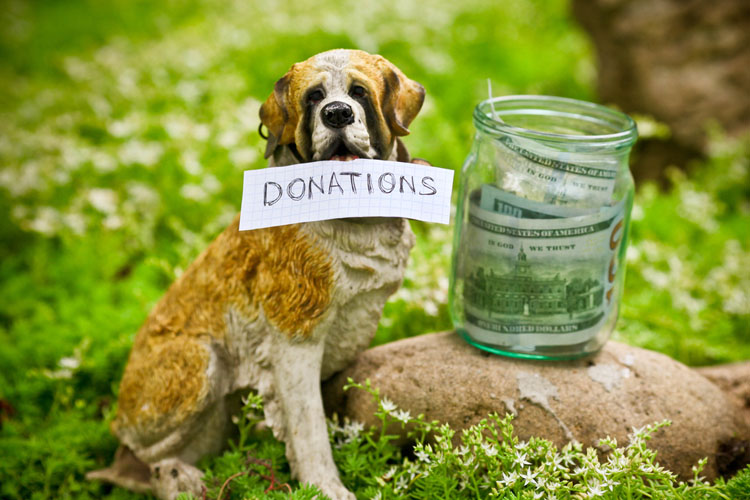

Neither conservative Republicans nor moderate and liberal Republicans showed any movement. Republicans, on the other hand, overwhelmingly think news organizations tend to favor one side (87%), in line with their 2016 view.

Moderate and conservative Democrats showed no measurable movement. The views of liberal Democrats in particular have shifted: 53% say the news media favor one side, a 20-percentage-point decline from 2016 (73%). Now, roughly half of Democrats say the news media tend to favor one side (53%), down from nearly two-thirds (64%) a year ago. Only a little over a quarter, on the other hand, say they deal fairly with all sides.īut the differences between Democrats and Republicans have grown wider over the last year. When it comes to the perceived fairness of the news media, a strong majority of Americans continue to say news organizations tend to favor one side in presenting news on political and social issues: 72%, on par with the 74% in 2016. 3 Partisan divide also apparent in perceived fairness of news media While phone surveys show some different response patterns from web-based surveys (as the current and the 2016 polls are), the gap in 2017 is so large that, even if mode effects were taken into account, it would still be the largest in the Center’s history of polling on this question. Indeed, the largest gap in past polling was 28 percentage points in 2005, at the beginning of George W. (There was no noticeable partisan divide later in Obama’s presidency, after the GOP won control of Congress.) Still, the current gap is far wider than at any prior point over the past three decades that the Center has been tracking this trend. Bush administration, while Republicans were somewhat more likely to hold this view during Bill Clinton’s presidency and in the first year of Barack Obama’s administration. For instance, in prior, phone-based surveys conducted by Pew Research Center, Democrats were more likely to express support for the news media’s watchdog role during the George W. It is not unusual for Americans who align with the party in control of the presidency to be somewhat less likely to support the watchdog role (as Republicans are now). However, independents who lean to the Democratic Party have become more likely to back the news media’s watchdog role (76% in 2016, 86% in 2017), while Republican-leaning independents have become less likely to do so (76% in 2016, 56% in 2017). At the same time, Democrats are now even more likely to express support for it, rising from 74% in 2016 to 89% today.Īmong independents overall, views remained unchanged year to year (74% in 2016 70% in 2017). Most of the year-to-year shift occurred among Republicans, whose support for the watchdog role dropped 35 points. In contrast, a year ago about three-quarters of both Democrats (74%) and Republicans (77%) backed the news media’s watchdog role. Nearly nine-in-ten Democrats (89%) feel media criticism keeps leaders from doing the wrong thing – a sense shared by only about four-in-ten Republicans (42%).

But Democrats are far more likely than Republicans to hold this view. Overall, seven-in-ten Americans feel news media criticism keeps politicians in line, down just slightly from last year. The most striking divide is on the role of criticism by news organizations: whether it is worthwhile because it mostly keeps political leaders from doing things they shouldn’t do (the so-called “watchdog role”), or it gets in the way of leaders’ ability to do their job.

Democrats and Republicans are widely divided in several of their views of the news media, a finding that is a sharp break from just a year ago.


 0 kommentar(er)
0 kommentar(er)
